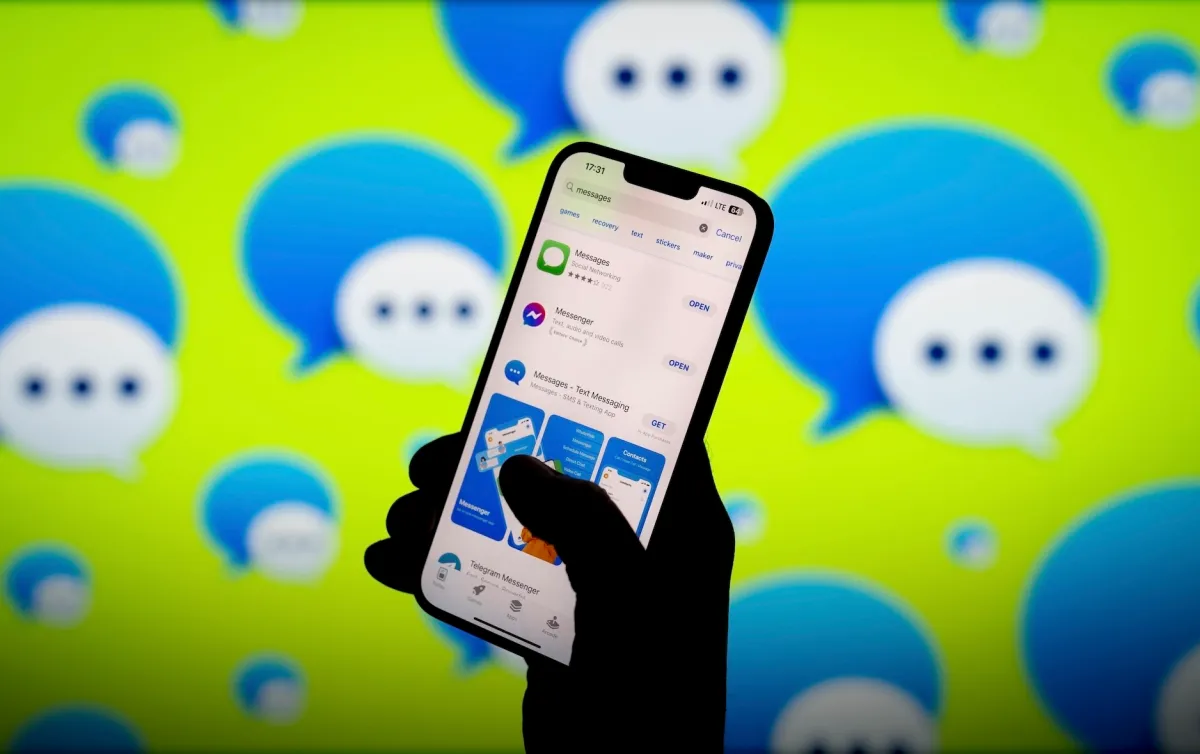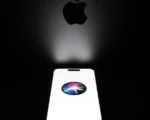Apple announced today that it is enhancing the security of iMessage by upgrading its encryption to post-quantum cryptography. This upgrade will be implemented in iOS and iPadOS 17.4, macOS 14.4, and watchOS 10.4.
The move comes in response to the future threat posed by quantum computers, which are expected to have the capability to break today’s cryptography standards. Apple is proactively adapting its encryption methods to withstand potential attacks from these advanced computers.
Currently, messaging apps like iMessage use encryption with a pair of public and private keys. The public key encrypts sent messages, while the private key decrypts them on the receiver’s end. However, the strength of this encryption relies on the cryptographic cipher used, along with the computing power needed to decipher it.
Quantum computers, with their exponentially faster processing speeds, could potentially undermine the security of current encryption standards by quickly solving the mathematical problems that underpin them.

Apple’s adoption of post-quantum cryptography aims to address this concern. By implementing advanced encryption techniques that are resilient to attacks from quantum computers, Apple seeks to maintain the security and privacy of iMessage communications for its users.
In its blog post, Apple emphasized the importance of staying ahead of emerging threats to encryption and ensuring the continued protection of end-to-end encrypted communications.

















